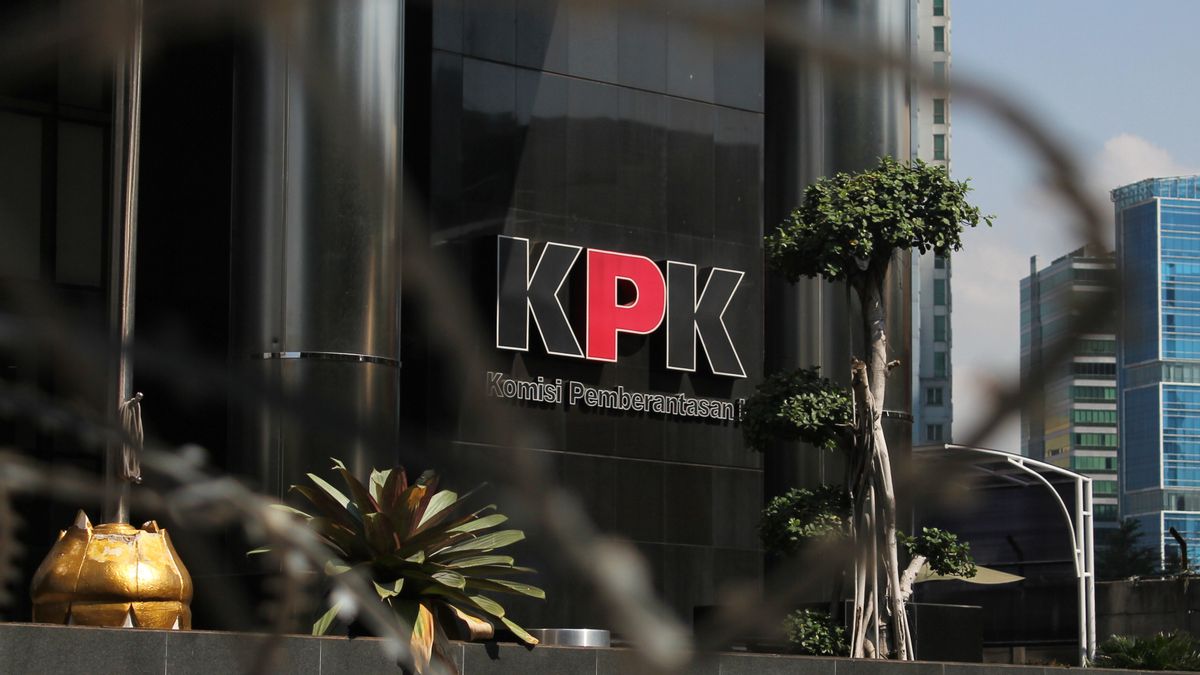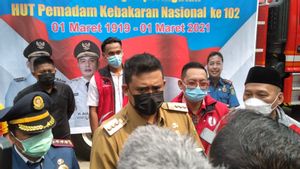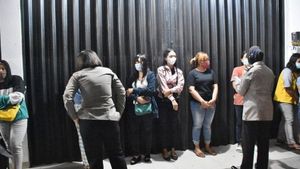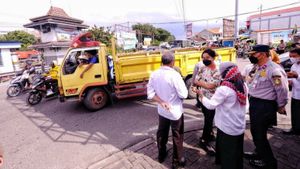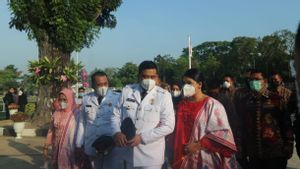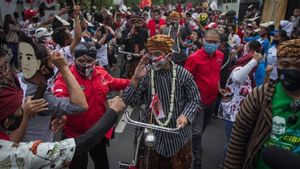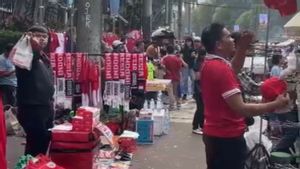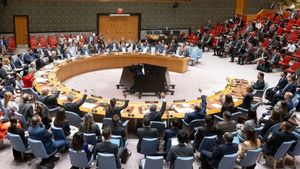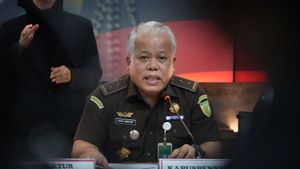JAKARTA - The case of the Governor of South Sulawesi, Nurdin Abdullah, adds to the long line of regional heads caught in corruption cases.
It is recorded that 127 regional heads, both level I and level II, have been prosecuted by the Corruption Eradication Commission (KPK) since 2004 until now. This number does not include deputy regional heads who are legally processed by the KPK.
In addition to the political system in Indonesia which is still high cost, many regional heads are also involved because there are opportunities and low integrity.
"From various references on corruption, one of them says that monopoly coupled with the high power of a person without adequate supervision from the supervisory apparatus will lead to the urge to commit corruption," said Acting KPK spokesman for Prevention, Ipi Maryati, Monday, 1 March.
That way, the KPK does not tire of reminding regional heads to always uphold the integrity and prioritize the principles of good governance. The KPK, through prevention, coordination, and supervision programs, has assisted and continues to encourage improvements in local governance.
"Through prevention efforts, one of which is done by making a system study, the KPK seeks to close gaps and potential for corruption by providing recommendations for improvements so that there is no opportunity or opportunity for someone to be able to commit corruption," said Ipi.
SEE ALSO:
Meanwhile, through educational efforts, the KPK encourages the formation of an anti-corruption culture in society, including maintaining the integrity of state administrators by raising awareness so that they do not want to commit corruption.
"And through firm prosecution efforts, the KPK hopes that it will make state officials afraid so they don't want to be corrupted," said Ipi.
Based on the KPK's experience in handling corruption crimes, there are at least five modes of corruption by regional heads, namely intervention in regional spending activities starting from the procurement of goods and services; placement and management of regional cash; implementation of grants and social assistance (bansos); asset management; to the placement of local government capital in Region-Owned Enterprises or third parties.
Then, intervene in local revenues starting from local taxes and levies; regional revenue from the center; to cooperation with other parties. Other modes of intervention in licensing start from providing recommendations; issuance of licenses; until blackmail.
In addition, conflicts of interest in the process of procuring goods and services; rotation, transfer, promotion, and concurrent positions; and abuse of authority in the position auction process.
The English, Chinese, Japanese, Arabic, and French versions are automatically generated by the AI. So there may still be inaccuracies in translating, please always see Indonesian as our main language. (system supported by DigitalSiber.id)
